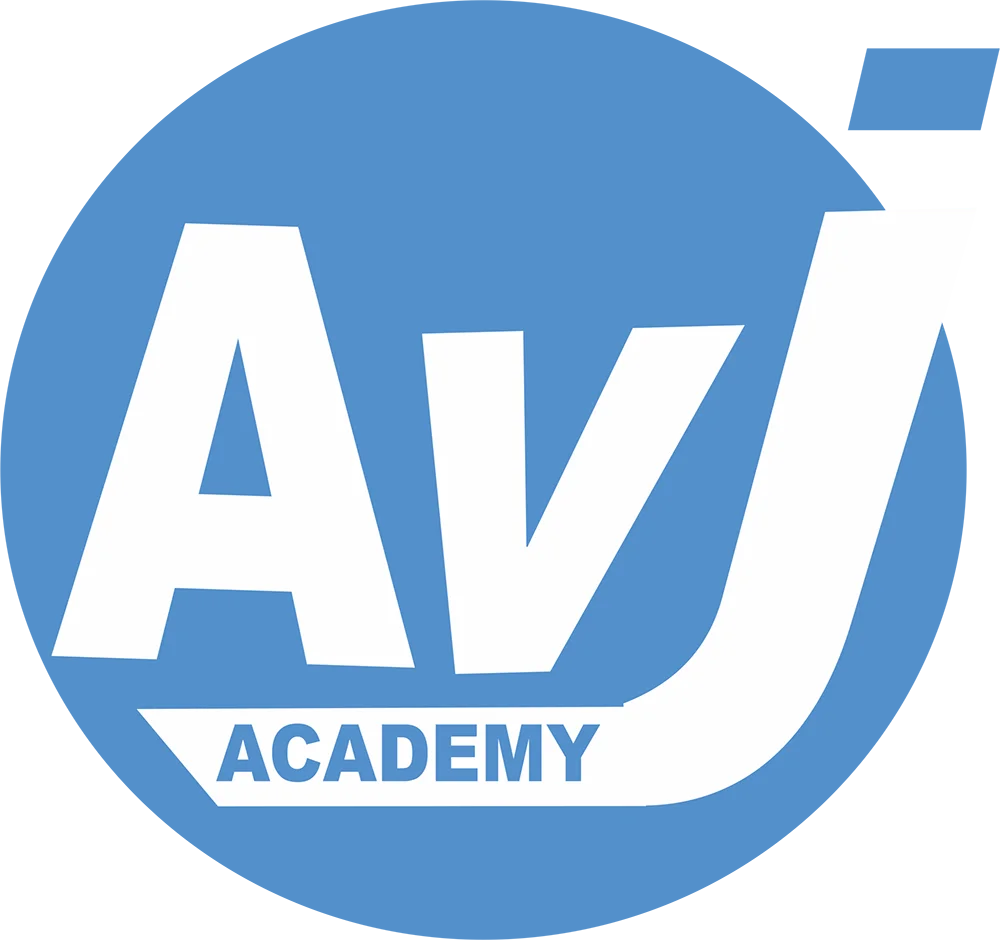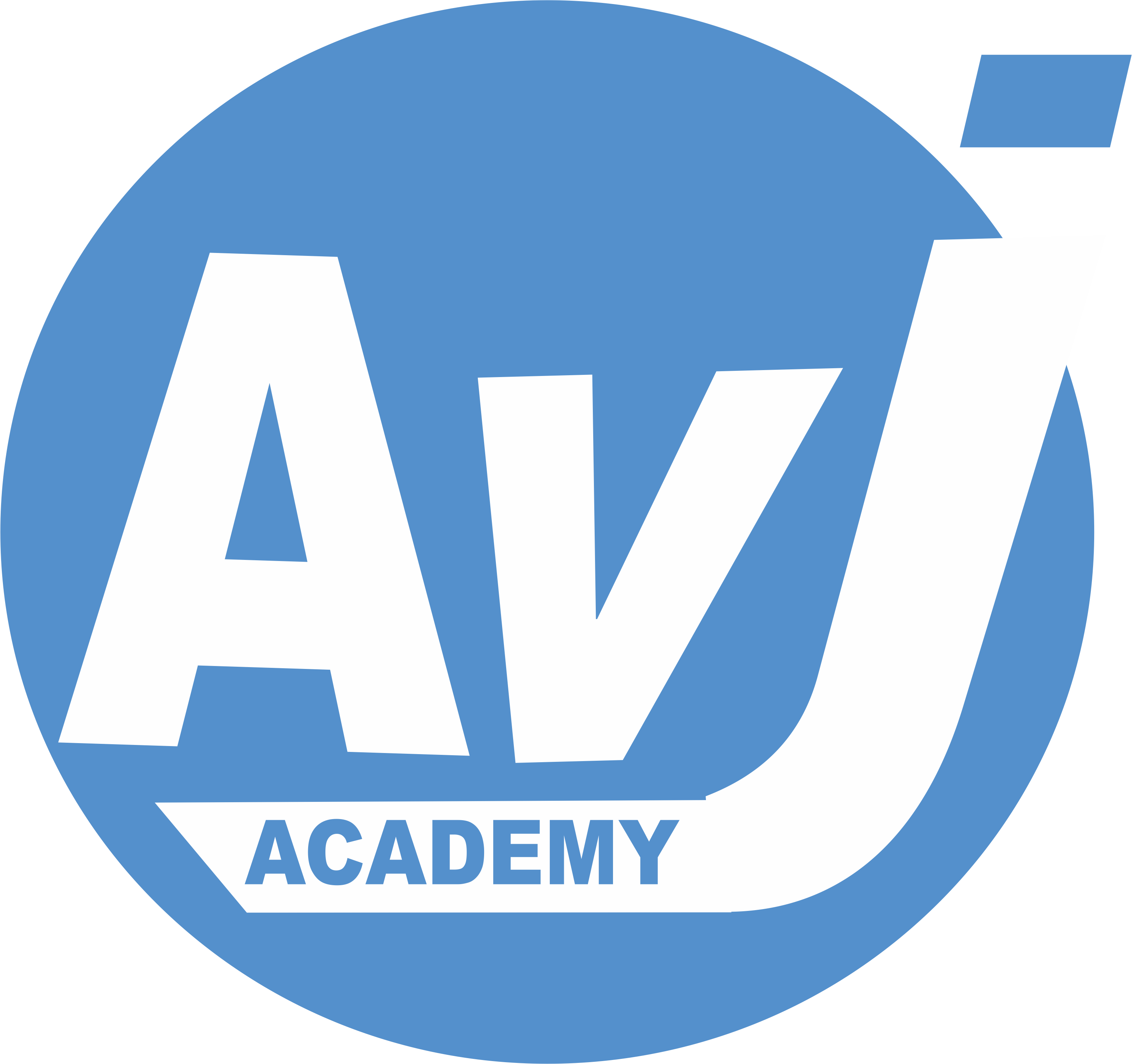Introduction: The Chartered Accountancy (CA) Foundation exam is a crucial stepping stone for aspiring accountants on their journey to becoming certified professionals. This challenging examination demands dedication, knowledge, and strategic preparation. In this blog, we will delve into the intricacies of the CA Foundation exam, providing valuable insights and tips to help candidates navigate this significant milestone.
Understanding the CA Foundation Exam: The CA Foundation exam is the entry-level examination for students aspiring to pursue a career in chartered accountancy. It comprises four papers, namely Principles and Practice of Accounting, Business Laws and Business Correspondence, Mathematics, Logical Reasoning, and Statistics, and Business Economics and Business and Commercial Knowledge. Let’s break down each section and explore effective strategies for preparation.
- Principles of Accounting: To develop an understanding of the basic concepts and principles of accounting and apply the same inpreparing financial statements and simple problem solving.
- Business Laws: To develop general legal knowledge of the law of Contracts, Sales and understanding of various forms of businesses and their functioning to regulate business environment and to acquire the ability to address basic application-oriented issues.
- Quantitative Aptitude:a. To develop an understanding of the basic mathematical and statistical tools and apply the same inbusiness, finance and economic situations.
b. To develop logical reasoning skills.
- Business Economics: To develop an understanding of the concepts and theories of Economics and to acquire the ability foraddressing application-oriented issues.
Effective Preparation Strategies:
- Create a Timetable: Develop a realistic and well-structured study timetable. Allocate sufficient time to each subject based on your strengths and weaknesses.
- Practice Regularly: Practice solving previous years’ question papers and sample papers. This not only familiarizes you with the exam pattern but also improves your time management skills.
- Conceptual Understanding: Focus on understanding concepts rather than rote memorization. This approach will not only help you in the exam but also in your future as a professional.
- Stay Updated: Keep yourself informed about changes in syllabus, amendments in laws, and current economic developments. This knowledge is crucial for the Business and Commercial Knowledge paper.
- Seek Guidance: Don’t hesitate to seek guidance from experienced professionals, teachers, or mentors. Their insights can provide valuable perspectives and enhance your preparation.


